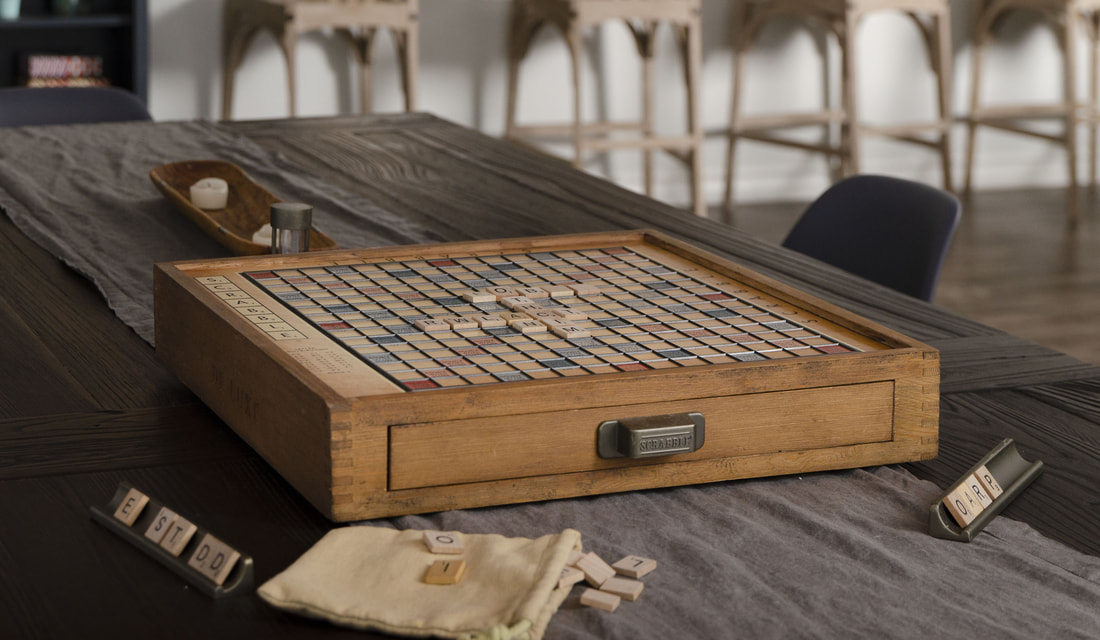 I grew up playing Scrabble in a home where the rules were followed precisely, so alongside the board and tile bag was always our hardback navy Complete Oxford English Dictionary published seven years before I was born. Any disputes over a word and the dictionary had the last one. The dictionary held the record of true words and true meanings. When it came to Scrabble, the dictionary was finite and resolute. Only when new possessions slipped into our home (a microwave, a video recorder, my first Walkman) did I discover that new words could be added to a dictionary, and established words could take on different meanings. The dictionary is not finite, of course, nor the authoritarian I had believed it to be. Language is dynamic, advancing along with the inevitable march of time. At the end of last year, Oxford Languages reported that the extraordinary circumstances of the pandemic have brought about an ‘unusual pace of linguistic change’, and for the first time since 2004 when its Word of the Year tradition began, they concluded that 2020 ‘is a year which cannot be neatly accommodated in one single word.’ Covid 19 has infected our language as it has our lives. Social distancing, quarantine, self-isolation, flattening the curve. We endured unprecedented use of the word unprecedented. Pivot is applied as a panacea for any struggling business during the pandemic. And, of course, there’s lockdown. And it was while people were in lockdown that old Scrabble boards re-emerged and sales of new Scrabble sets skyrocketed. In the UK, sales of board games and jigsaws increased by 240% and Scrabble, a game launched in 1949, sold out online. In the midst of a year which no single word could define, millions of people around the world took comfort in making as many words as they could.
0 Comments
Your comment will be posted after it is approved.
Leave a Reply. |
Read more...
All
By Month |

 RSS Feed
RSS Feed

